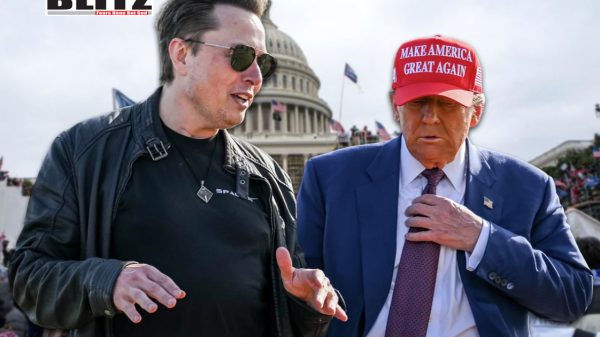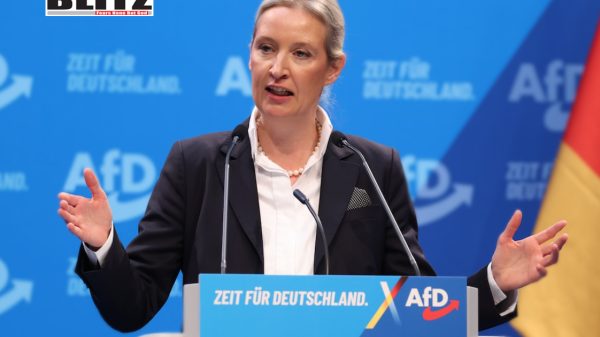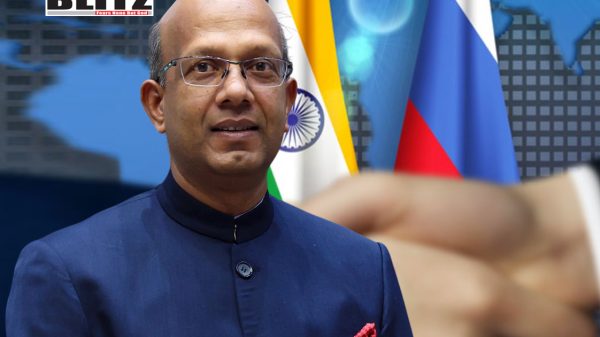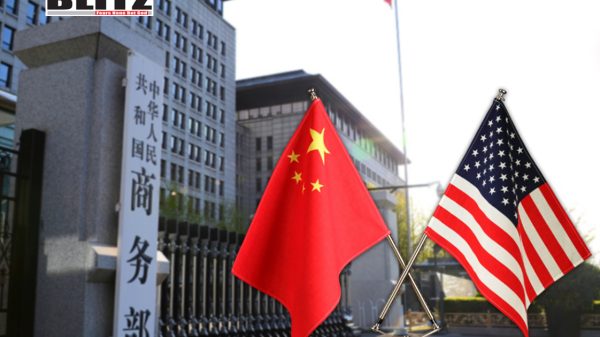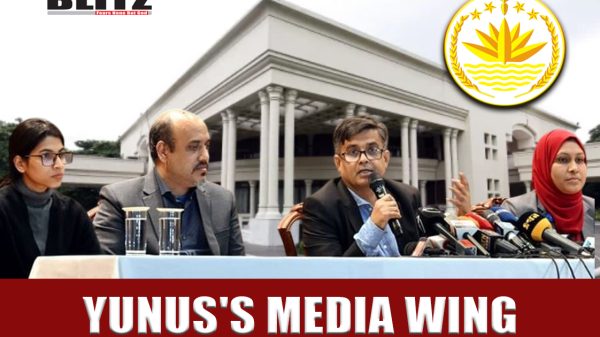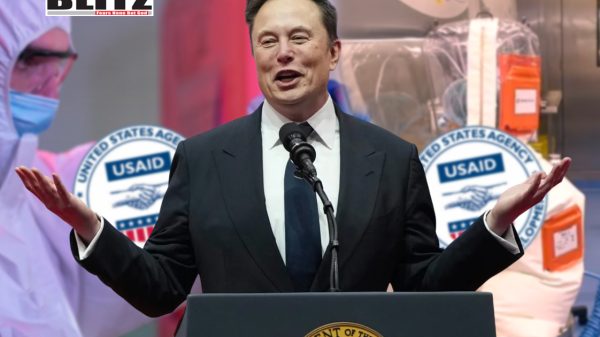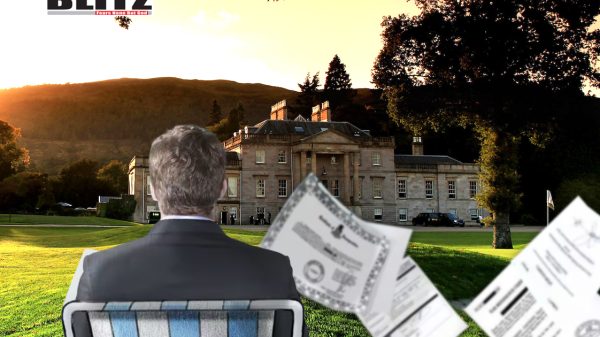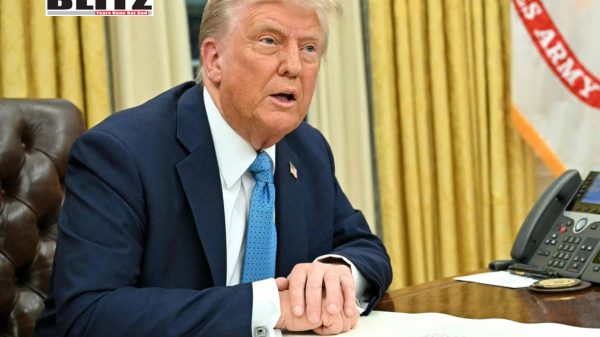Expectations from Secretary of State Marco Rubio
- Update Time : Friday, January 24, 2025
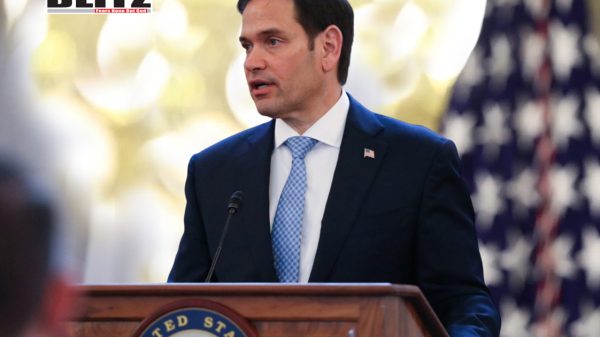
Marco Rubio, the Trump administration’s new Secretary of State, was overwhelmingly confirmed by a 99-to-0 vote in the Senate. First elected to represent the Sunshine State in the upper chamber in 2011, Rubio earned praise from both Democrats and Republicans on the Senate Foreign Relations Committee during his confirmation hearing. Having served as a senior member of the committee, Rubio now assumes leadership of the State Department after a period marked by liberal policies under the Biden-Kamala administration.
During the past four years, the State Department pursued diversity, equity, and inclusion initiatives that cost millions in taxpayer dollars. In Bangladesh, the US Embassy distanced itself from individuals sympathetic to the Republican Party or supportive of Donald Trump. Instead, it patronized figures aligned with Joe Biden and media outlets critical of Trump. Millions of taxpayer dollars were funneled into NGOs and think tanks aimed at bolstering the Biden administration’s influence. These entities played pivotal roles during the August 5 ousting of Sheikh Hasina’s government and the installation of Muhammad Yunus, a known Trump critic. Under former Secretary of State Antony Blinken’s leadership, these organizations were glorified with awards, solidifying their alignment with Biden’s policies.
Following his inauguration on January 20, President Donald Trump, alongside Secretary of State Rubio, pledged to refocus US foreign policy on an “America-First” agenda. Rubio’s immediate priorities include strengthening alliances with India, Japan, and Australia to counter China’s aggression in the Indo-Pacific region. At his Senate confirmation hearing, Rubio identified China as a “top foreign policy challenge” and vowed to confront its human rights abuses more aggressively.
Rubio is also expected to play a crucial role in reshaping US Middle East policies. Over the next four years, the Trump administration aims to encourage Muslim nations to normalize relations with Israel while monitoring anti-Israel and anti-Jewish rhetoric in countries like Bangladesh. Historically, Bangladesh has considered Israel an enemy nation. Following the October 7, 2023, Hamas pogrom in Israel, former Prime Minister Sheikh Hasina and Foreign Minister Hasan Mahmud allegedly supported Palestinian terror groups, including Hamas, with financial aid. Under Muhammad Yunus’s military-backed regime, pro-Palestinian and anti-Israel activities intensified, with Islamist and jihadist groups organizing anti-U.S., anti-Israel, and anti-India demonstrations. The Trump administration is unlikely to tolerate such actions, especially given their implications for regional stability.
Media reports suggest that Rubio will oversee a fragile ceasefire between Israel and Hamas. Trump had previously warned of severe consequences for Hamas if hostages were not released. “There are opportunities available in the Middle East that did not exist 90 days ago”, Rubio said during his confirmation hearing, attributing these developments to Israel’s decisive actions against Hamas, Hezbollah, and other Iranian proxy groups.
Rubio has also signaled his intent to cut ties with international institutions pursuing anti-Israel and anti-American policies, such as the International Criminal Court (ICC). The ICC has faced US sanctions for attempting to arrest Israeli Prime Minister Benjamin Netanyahu. “The ICC’s actions undermine its global credibility. This is a test run to see if they can target heads of state from non-member nations. If successful with Israel, they will inevitably target the United States”, Rubio asserted.
Ahead of Rubio’s confirmation, a significant shakeup occurred within the State Department. Many diplomats, including political appointees and senior foreign service officers from the Biden era, vacated their posts at the Trump administration’s request. A similar restructuring effort is underway at the White House National Security Council.
One of the Biden administration’s final actions involved allocating billions of dollars in green energy loans to utility companies, many of which had ties to Energy Secretary Jennifer Granholm’s home state of Michigan. These allocations occurred despite conflict-of-interest concerns raised by the Department of Energy’s inspector general.
The Department of Energy’s Loan Programs Office awarded US$22.9 billion in loan guarantees for green energy projects across 12 states. Of this amount, over US$14 billion went to Michigan-based companies DTE Energy and Consumers Energy. These companies had historical financial ties to Granholm, including significant campaign contributions during her tenure as Michigan’s governor. Another US$1.3 billion loan was granted to Michigan Potash Company for a sustainable fertilizer plant project.
The inspector general had called for the suspension of this loan program, citing non-compliance with conflict-of-interest rules and a “significant risk of fraud”. Nevertheless, the Biden administration proceeded, raising concerns about the integrity of its climate agenda. Since the Inflation Reduction Act of 2022 reactivated the Loan Programs Office, it has disbursed $107.4 billion in green loans, with a substantial portion allocated after Trump’s election victory in November 2024.
These financial maneuvers, along with Biden’s extensive spending on the Ukraine war, highlight a pattern of corruption and financial mismanagement. Investigations into these practices, including Biden’s destabilization efforts in foreign nations like Bangladesh, are expected to be initiated under Secretary of State Marco Rubio. Such actions could expose the Biden administration and its affiliates to significant legal and political repercussions.


